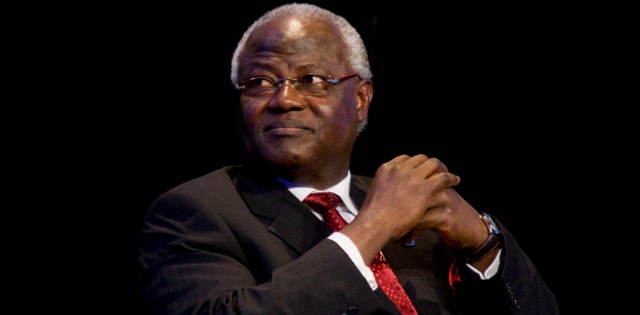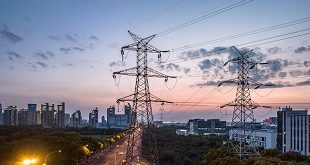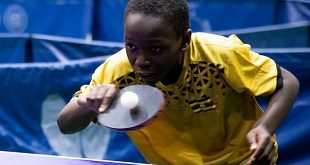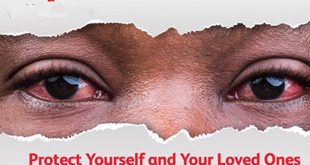
Freetown, Sierra Leone | AFP | Sierra Leone holds a general election on Wednesday with uncertainty over the impact of new movements vying to break the stranglehold of two parties which have ruled since independence from Britain in 1961.
President Ernest Bai Koroma is stepping down after a decade and many feel his anointed successor cannot kickstart the diamond-rich West African nation’s economy, devastated after a brutal 1991-2002 civil war fuelled by the so-called “blood diamonds.”
Former foreign minister Samura Kamara is campaigning as a stability candidate but will not simply follow “his master’s voice”, the outgoing president told AFP on Saturday.
The historic opponent of the ruling All Peoples Congress (APC) is the Sierra Leone People’s Party (SLPP), whose candidate Julius Maada Bio has made clear it is their “turn” to hold power.
The APC will hold a final rally in Koroma’s northern hometown, Makeni, on Monday as campaigning wraps up, while the SLPP will issue its last call for voter support from their southern stronghold of Bo.
Sierra Leone is sharply divided along regional lines that overlap with ethnicity. The APC broadly relies on the Temne and Limba people in its northern strongholds and the SLPP is more popular in the south with the Mende ethnic group.
“The APC and SLPP draw immensely from ethnic and regional sentiments,” said Lansana Gberie, political analyst and author.
Corruption has dominated the campaign, with Bio accused of stealing $18 million while heading a junta government in 1996, while Kamara was nicknamed “Mr 10 percent” by critics for his alleged cut of contracts signed while in government.
The APC’s reliance on Chinese investment for a string of infrastructure projects has also brought barbs that the party is Beijing’s puppet.
– New parties –
There are roughly 3.1 million registered voters. Sixteen candidates are running for president while hundreds are vying for the 132 seats in parliament as well as positions in local councils.
Partial results are expected within a few days of voting.
Whichever party wins will need to deal with the aftermath of the 2014-16 Ebola crisis, brought into sharp relief by the deaths of hundreds in a mudslide in August, and vanishing foreign investment due to slumped commodity prices.
 The Independent Uganda: You get the Truth we Pay the Price
The Independent Uganda: You get the Truth we Pay the Price


